Michail Chodorkovski laat de lezer in deze 21 portretjes niet alleen kennismaken met een aantal mensen die hij in de gevangenis ontmoette. De toon is laconiek, de verhalen zijn kort, soms ontroerend of hartverscheurend, maar tussen de regels door geeft hij een beeld van de gevangenismachinerie die draait op corruptie en geweld. De gevangenen zowel als de bewakers en rechercheurs zoeken hierin hun weg en maken hun keuzen.
Zo verging het bijvoorbeeld Ljosja, veroordeeld voor doodslag: Enige tijd later krijg ik een disciplinaire straf en ik klaag de kampleiding aan. Dan kom ik erachter dat Ljosja als getuige opgeroepen wordt. Ik verwacht niet anders dan dat hij zal zeggen wat ze van hem verwachten. In het kamp zijn er legio manieren om iemand te “overtuigen”.
De rechtszaak vindt plaats. Alle “belangrijke mensen” zijn aanwezig: de kampchef, het hoofd van de opsporingsafdeling, hun plaatsvervangers. De zitting wordt geleid door de voorzitter van de stedelijke rechtbank.
Ljosja wordt opgeroepen. Hij is duidelijk angstig en in de war, hij hakkelt, maar spreekt de waarheid! Mijn advocaat en ik kijken elkaar aan, we begrijpen er niets van. Onze opponenten aan de overkant al evenmin.
De rechter laat Ljosja gaan, hij loopt de deur uit en komt meteen weer terug.
“Die daar,” zegt Ljosja en wijst naar het hoofd van de opsporingsafdeling, “gaf me twee pakjes sigaretten en zei dat ik moest liegen.”
Ik kijk naar degenen die tegenover me zitten. De chef vertrekt geen spier, zijn ondergeschikte kleurt langzaam donkerrood.
“Maar ik ga niet liegen, ik heb de waarheid gesproken. Hier zijn de sigaretten.”
Hij overhandigt de rechter een pakje L&M en bekent: “Dat andere heb ik opgerookt. Zulke goeie heb ik nog nooit gehad.”
Chodorkovski stelt zichzelf, de Russische maatschappij en justitie, maar ook de lezer regelmatig kritische vragen. Waar staan wij als het om onrecht gaat?
***
Ten years of personal experience with the Russian prison system translates into a series of overarching shorts stories about the characters Mikhail Khodorkovsky meets behind bars – and, through their eyes, first and foremost about the entire system of bureaucratic criminality, and a human tragedy hidden so well.
Many a time Khodorkovsky resorts to personification of the despicable treatment of prisoners inside the Russian justice system, but the stories embrace one common theme – that of human passionate voices for freedom and an outcry against injustice.
Only logged in customers who have purchased this product may leave a review.
Author
Mikhail Khodorkovsky (born 26 June 1963) is a Russian businessman and former oligarch, as well as philanthropist, public figure and author.
In 2003 Khodorkovsky and Roman Abramovich were jointly named as Person of the Year by Expert. In 2004, Khodorkovsky was the wealthiest man in Russia (with a fortune of over $15 billion) and one of the richest people in the world, ranked 16th on Forbes list of billionaires. He had worked his way up the Communist apparatus during the Soviet years, and began several businesses during the era of glasnost and perestroika. After the dissolution of the Soviet Union, he accumulated wealth through the development of Siberian oil fields as the head of Yukos, one of the largest Russian companies to emerge from the privatization of state assets during the 1990s.
He was arrested on 25 October 2003, to appear before investigators as a witness, but within hours of being taken into custody he was charged with fraud. The government under Vladimir Putin then froze shares of Yukos shortly thereafter on tax charges. The state took further actions against Yukos, leading to a collapse of the company’s share price and the evaporation of much of Khodorkovsky’s wealth. He was found guilty and sentenced to nine years in prison in May 2005. While still serving his sentence, Khodorkovsky and his business partner Platon Lebedev were further charged and found guilty of embezzlement and money laundering in December 2010, extending his prison sentence to 2014. After Hans-Dietrich Genscher’s impassioned lobbying for his release, President Vladimir Putin pardoned him, releasing him from jail on 20 December 2013
There is widespread concern internationally that the trials and sentencing were politically motivated. The trial process has received criticism from abroad for its lack of due process. Khodorkovsky lodged several applications to the European Court of Human Rights, seeking redress for alleged violations by Russia of his human rights.
In response to his first application, which concerned events from 2003 to 2005, the court found that several violations were committed by the Russian authorities in their treatment of Khodorkovsky. In particular, the court ruled that Khodorkovsky’s arrest was “unlawful as it had been made with a purpose different from the one expressed”.
Despite these findings, the court ultimately ruled that the trial was not politically motivated, but rather “that the charges against him were grounded in ‘reasonable suspicion'”. He was considered to be a prisoner of conscience by Amnesty International. On 20 September 2014, in Paris, Khodorkovsky announced his presidential ambitions aiming to reform the Constitution of the Russian Federation.
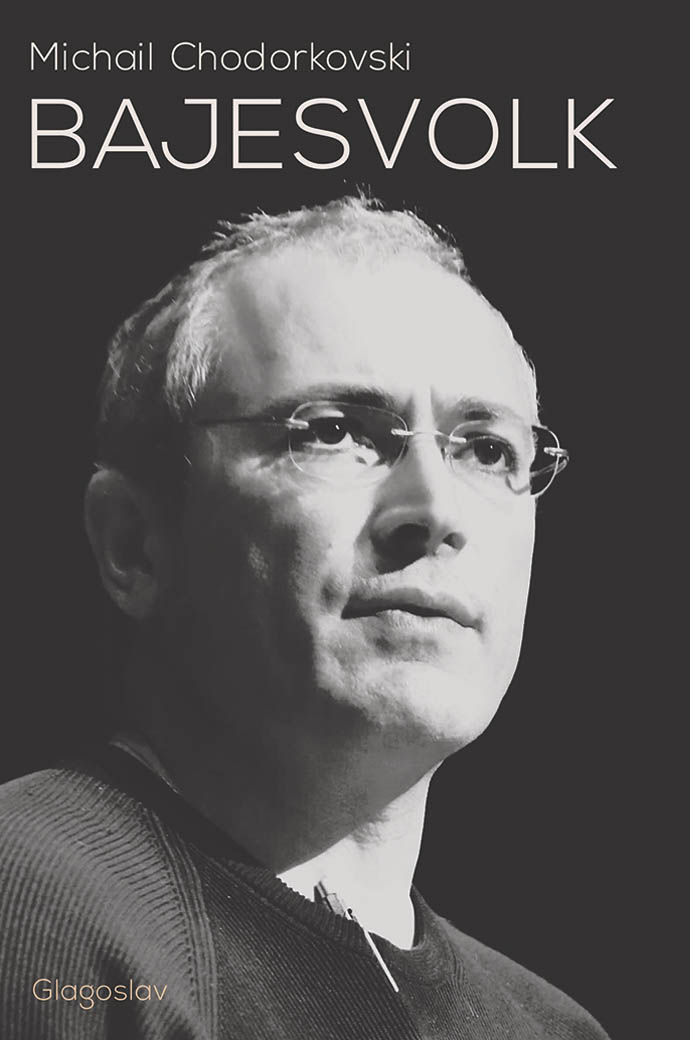

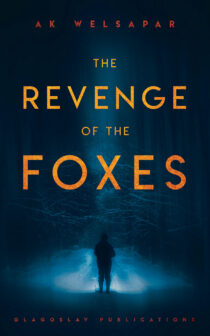
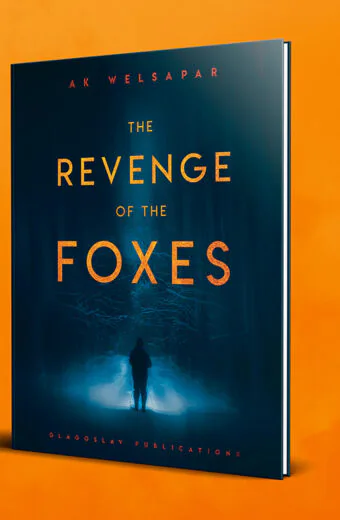
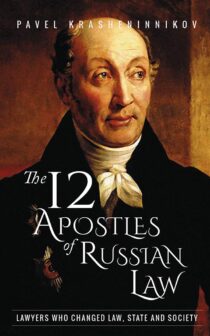
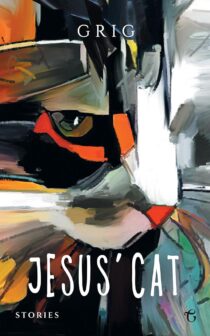
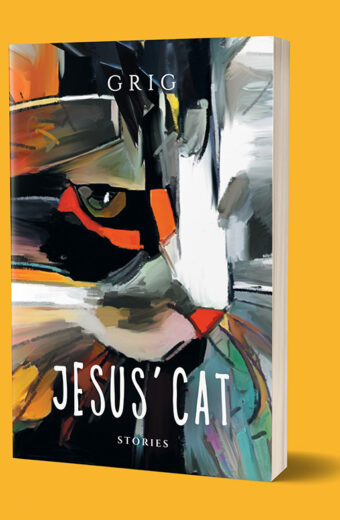
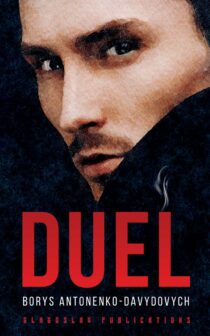
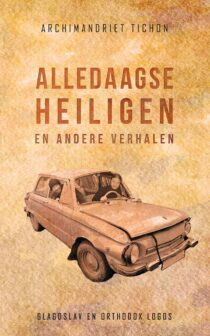
Reviews
There are no reviews yet.